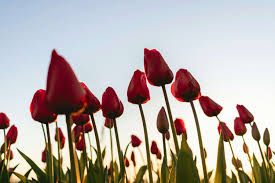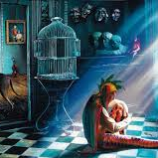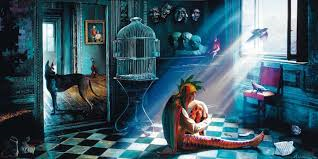Men love and hate their addictions at the same time.
Envy only sees that which is close by, and admires with less cunning at a distance.
Every kind of evil is the result of some deficiency.
To divulge our virtue means that we are more worried about fame than the virtue itself.
Não queres ser justo sem gozares da fama de o ser? Pois fica sabendo: muitas vezes não poderás ser justo sem que façam mau juízo de ti! Em tal circunstância, se te comportares como sábio, até sentirás prazer em ser mal julgado por uma causa nobre.
You do not wish to be just without enjoying the fame of being so? Know this, you frequently cannot be just without others bearing false judgment of you! In such circumstances, if you behave wisely, you will even enjoy being poorly judged in the name of a noble cause.
He who has no moral, has no rights.
Within the chest of the virtuous man, God is found.
A virtue, although occult, leaves its vestige onto whoever is worthy of it.
He who has been cast out of the kingdom of truth can never be a happy man.
Say all of these things to your neighbors, but in a ways that, upon speaking, you also may hear them.
You can know the spirit of a person if you observe how he behaves upon giving and receiving compliments.
May he who bestows a benefit keep quiet; may he publish who received it.
No man is born wise; but wisdom and virtue require a tutor; though we can easily learn to be vicious without a master.
Successful villainy is called virtue.
Seek the satisfaction of seeing your vices die before you do.
A principal e mais grave punição para quem cometeu uma culpa está em sentir-se culpado.
The primary and most severe punishment for anyone who has committed a fault is feeling guilty.
Drunkenness incites and brings to the surface all of our vices, taking away the sense of modesty which normally constrains our lower instincts.
No one worries about leading a virtuous life, but only with how much time we will live. We can all live well, but no one has the power to live a very long time.
Effort always calls forth the best in us.
Vices are easier to uproot than to contain.
Work is the food of noble souls.
Salvation begins at the knowledge of guilt.
Glory is the shadow of virtue; it will accompany it even against its will. But as our shadow sometimes precedes and sometimes follows us, so glory is sometimes in front of it, and suffers itself to be seen and sometimes is behind us, and greater, because later, when envy has passed away.
There is a big difference between a calm life and an idle life.
What were vices have become the fashion of the day.
He who reposes should act and be who acts should take repose. Discuss the problem with Nature; she will tell you that she has created both day and night.
The vices of idleness are only to be shaken off by active employment.
A truly strong and virtuous spirit can arise even from a misshapen corpuscle.
To consort with the crowd is harmful; there is no person who does not make some vice attractive to us, or stamp it upon us, or taint us unconsciously therewith. Certainly, the greater the mob with which we mingle, the greater the danger.
It is worth it to experiment ungratefulness in order to find a grateful man.
The greater the hurry, the farther the distance.
It is the edge and temper of the blade that make a good sword, not the richness of the scabbard, and so it is not money or possessions that make men considerable, but virtue.
Virtue is shut out from no one; she is open to all, accepts all, invites all, gentlemen, freedmen, slaves, kings, and exiles; she selects neither house nor fortune; she is satisfied with a human being without adjuncts.
Virtue is that perfect good, which is the complement of a happy life; the only immortal thing that belongs to mortality.
We are born to lose and to perish, to hope and to fear, to vex ourselves and others; and there is no antidote against a common calamity but virtue; for the foundation of true joy is in the conscience.
He is not guilty who is not guilty of his own free will.
He who repents of his fault is almost guiltless.
Let wickedness escape as it may at the bar, it never fails of doing justice upon itself; for every guilty person is his own hangman.
He profits by crime is guilty of it.
No one becomes guilty by fate.
The fearful face usually betrays great guilt.
The guilt of enforced crimes lies on those who impose them.
We pardon familiar vices.
Why does no man confess his vices? Because he is yet in them; it is for a waking man to tell his dream.
Virtue is according to nature; vices are hostile and dangerous.
Related Articles













